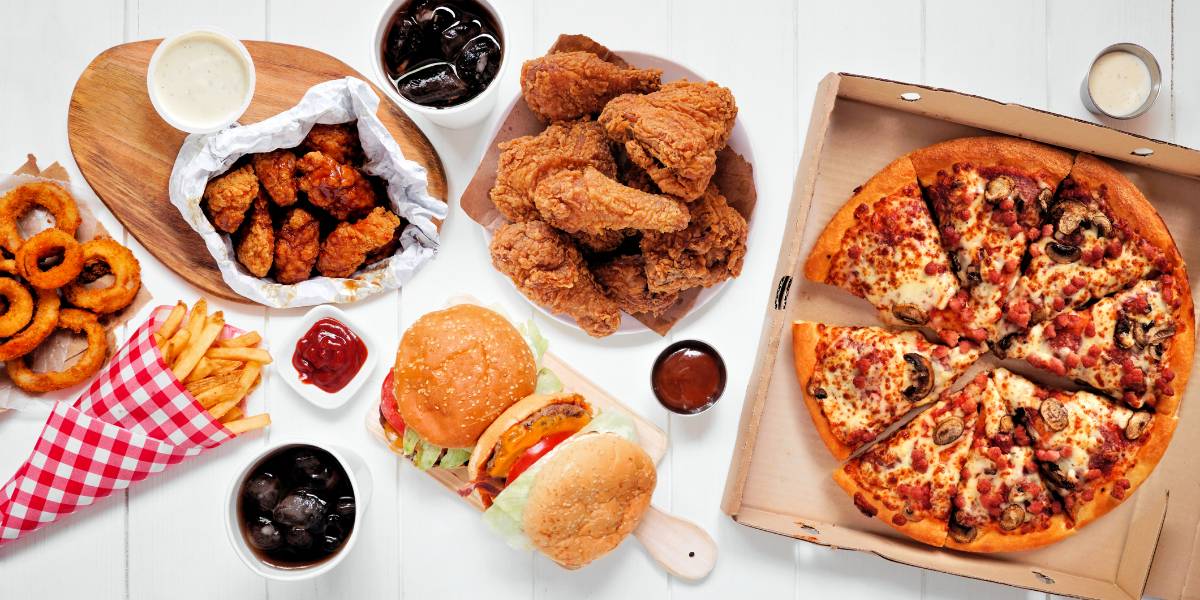Regularly eating processed meat like ham and bacon could be one of the reasons why young people are being diagnosed with certain cancers more than ever before, top cancer doctors have said.
Over the last 30 years in the UK, there has been a 25% increase in the number of people aged under 50 who have been diagnosed with cancer.
The global picture is even more worrying, with an 80% rise in cases around the world.
- Brain changes in women at certain times of the month increase cravings for junk food
- Junk food and cheap alcohol has triggered increase of liver cancer cases
- Junk food affects affects deep sleep
One expert, Matthew Lambert, nutritionist and health information and promotion manager at World Cancer Research Fund, said it is not yet understood whether the risk from ultra-processed food lies in the food itself or that because it’s so available, it can lead to weight gain.
Oncologist Professor Charles Swanton, Chief Clinician at Cancer Research UK, spoke recently about the emerging links between the ‘disturbing’ cancer pattern and increased consumption of ultra-processed food.
Addressing the American Society of Clinical Oncology, he highlighted studies which have shown that some early-onset bowel cancer may be ‘initiated’ by bacteria in the gut that is commonly found in people who eat low fibre, high sugar diets.
He said: “What we are seeing in some studies is some tumours from patients with early-onset colorectal cancer harbour mutations that might be initiated by these microbial species.”
It is believed that these mutations reduce the body’s ability to fight off pre-cancerous cells.
Professor Swanton warned that eating red or processed meat like ham or bacon every day means a person’s risk of bowel cancer is ‘much higher’.
- Plant-based ultra-processed foods linked to poor health outcomes
- Cancer cases among young people on the rise due to ultra-processed foods and obesity
- Cardiometabolic risk in children increased by high intake of ultra-processed foods
Findings presented at 2015 National Cancer Research Institute Cancer Conference showed that those who consume red and processed meat every day are 40% more likely to get bowel cancer, in comparison to people who eat it once a week or less.
It is believed that the risk is linked to nitrates in the meat that combines with compounds within the body to damage cells.
The biggest increases in the under-50s have been seen in bowel, breast, throat and prostate cancers.
Despite the increase in numbers, figures for early-onset cancers are still low.
Approximately 90% of all cancers affect people aged over 50.




